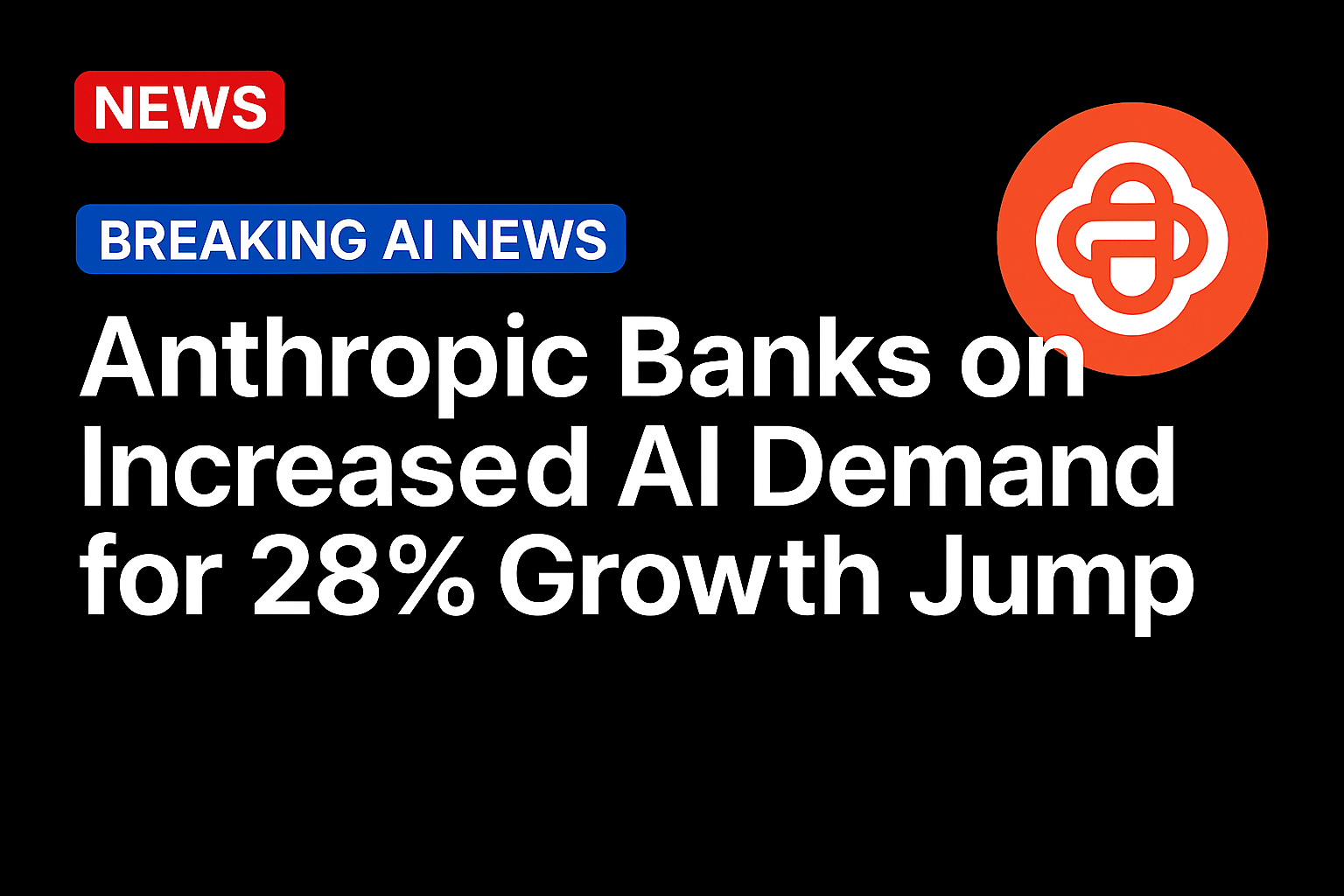
Anthropic has reportedly projected growth of 28% over the next three years.
And by 2028, the artificial intelligence (AI) startup expects to bring in up to $70 billion in revenue, compared to roughly $5 billion this year, the Information reported Tuesday (Nov. 4), citing a source familiar with Anthropic’s financials.
The company reportedly expects demand from businesses for its AI models to fuel that growth. Anthropic had previously forecast that its revenue for this year from selling access to those models via an application programming interface (API) would roughly double similar sales by chief competitor OpenAI.
The uptick in business could attract new investors, the Information added. If the company mounts another funding round, it would likely seek a valuation of $300 billion to $400 billion, a source with knowledge of the company’s plans told the news outlet.
That source said Anthropic pulled in $13 billion from investors in September, higher than the roughly $3.5 billion it had originally planned. At the time, the company’s valuation reached $170 billion before the new capital, close to three times its valuation in a financing in March.
According to the report, Anthropic anticipates it will become cash flow positive as soon as 2027, three years before OpenAI says it will begin generating cash.
The Information report argues Anthropic’s forecasts show it positioning itself as a more efficient rival to OpenAI, and demonstrate its leadership in selling AI models to businesses and app developers.
In other AI news, PYMNTS wrote Tuesday about new research from two business schools into the potential of AI/human collaboration.
That research – from Johns Hopkins Carey Business School and MIT Sloan School of Management – found that people who worked with AI produced 60% more output than those working without it, while maintaining the same quality.
In addition, they also exchanged 23% fewer messages, indicating less time spent coordinating and more time carrying out tasks.
“The pattern suggests that AI is reshaping collaboration. People focus on context, reasoning and judgment,” PYMNTS wrote. “Machines handle repetition, data and scale. The result is more work done in less time, with fewer steps.”
As PYMNTS reported, early adopters are seeing that workers remain responsible for decisions and oversight while algorithms speed the mechanical parts of production. Many say this shift is akin to moving from delegation to partnership.
The concept, known as “cybernetic teammate,” was introduced by researchers at Harvard exploring how AI changes the division of labor within teams.
“Unlike earlier waves of automation that replaced labor, this model expands it. Humans no longer use tools passively; they direct systems that learn and adapt alongside them,” the report added.
Source: https://www.pymnts.com/

